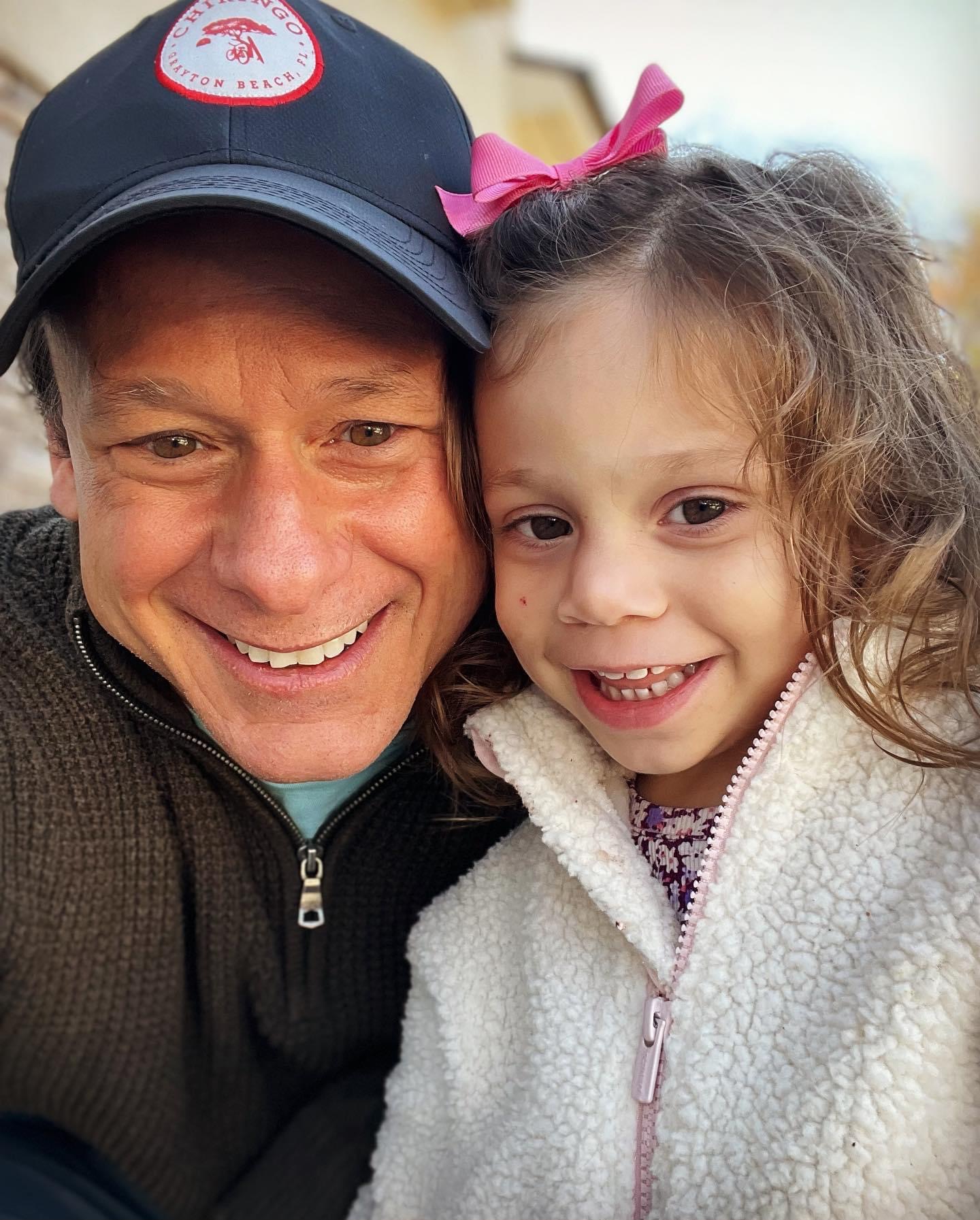IVF and Our Seven Year Journey to Luca
- Sonny Del Grosso
- Jan 18
- 3 min read
If you’ve ever waited seven years for something, you’ll know that patience doesn’t come with a guarantee of peace. Seven years. That’s how long it took Sarah and me to have Luca. Seven years of needles, failed IUIs, failed IVFs, miscarriages, and even an emergency room visit. Seven years of hope crumbling into heartbreak, rebuilding that hope, and then watching it crumble again. Seven years of living in the surreal reality of “unexplained infertility.”

Unexplained infertility. It’s as maddening as it sounds. Imagine taking your car to the mechanic because it won’t start, only for them to shrug and say, “Nothing’s wrong with it,” as it sits there refusing to run. That’s what we were told. Over and over. Nothing’s wrong, but nothing’s working.
The Emotional Toll
We lived in a constant state of vulnerability, where even the most innocent questions could pierce like arrows. “When are you two having another baby?” or the one that's a thousand times worse that everyone loves to say: “You’ll have one as soon as you stop trying.” (Note: Please don’t say that to anyone ever struggling with infertility. Ever.) We moved to the suburbs during this time, and let me tell you, the universe has a wicked sense of humor. It seemed every time one of our surrounding female neighbors walked out of their house, they were pregnant. The house next door on both sides of you has four kids each. You start thinking every time an Amazon truck pulled up they were dropping off a few more kids to your neighbors.
Sarah, my incredible wife, endured more than I could ever put into words. If every needle she had to inject during those years stayed in her body, she’d have looked like a porcupine. And it wasn’t just the physical toll—hormone injections, ultrasounds, procedures—but the emotional battlefield that came with it. The hope, the disappointment, the unsettling moments she'd go to the bathroom afraid to wipe for fear of seeing blood.
My job was to be her rock. Sometimes I was good at it. Sometimes I wasn’t. Fertility treatments don’t just test your body; they test your marriage. You find yourself having sex not because you want to but because it’s “time.” Trust me, there’s nothing romantic about scheduled intimacy. It’s fun at first, then awkward, and eventually just another box to check on the fertility to-do list.
The Odds Are Not in Your Favor
According to the CDC, the success rate of IVF for women under 35 is about 55% per cycle. That drops to 4% by age 43. Sarah was 37 years, I was closing in on 52. We were pushing the limit. And there's the financial side of it too. It’s expensive — easily $12,000 to $15,000 per cycle, not including medications. Too many insurance companies don't cover it. My wife was as a LABOR AND DELIVERY NURSE at one of the nation's top two busiest hospitals for births, where more babies were delivered than almost anywhere else in the entire United States of America, and her insurance didn't even cover it. Can you imagine? Insurance plans treat infertility like an optional luxury, not a medical issue.
For us, every cycle felt like putting all our chips on black at the roulette table, only for the ball to land on red. Over and over. It’s draining, financially and emotionally. By our last attempt, we were at the end of the road. I was 54, and Sarah was physically and emotionally spent. We had nearly given up on giving Olivia a sibling.
A Miracle Named Luca
Our final attempt was different—not because we had more hope, but because we had none. It was just one last try, a hail Mary. And when we found out Sarah was pregnant, we didn’t tell anyone. Not even family. We were too scared. Every trip to the bathroom was a potential heartbreak. Every ultrasound was a chance to hear the worst. We walked on eggshells month after month, holding our breath the whole way. And then, it happened. The ball finally landed on black.
We were fortunate to have Luca., but not everyone is.
If you’re in the trenches of fertility treatments right now, I feel you. I don’t have advice—I’m not qualified — I can only tell you to lean into wherever you find strength, your family, your faith, fitness. But most importantly, be there for each other. Sarah and I made it through because we showed up for each other in the mess, even when it was hard. Especially when it was hard.
You may wonder when enough is enough like we did, but you’ll know when you’re done fighting and it's time to throw in the towel. My hope for you is you find your version of Luca—whatever that looks like for you.





Commentaires